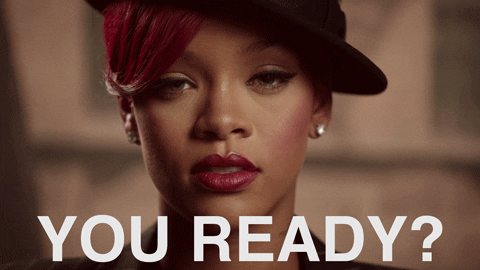How personality traits and interpersonal skills can help you land your dream job…
We caught up with the experts from StandOut CV to find out how to TRULY “stand out” from the crowd when it comes to your graduate CV. Here’s what they had to say…
In a CV, soft skills are just as important as hard skills. Soft skills help employers assess cultural fit and the personality traits of an employee that will indicate if a new hire will perform well and integrate with an existing team.
If you are a graduate, you might have less work experience or little practical experience in the job you are applying for. So, in order to land a job, you need to demonstrate your compatibility for the role, along with your ability to quickly become proficient in your new career.
With that said, let’s take a closer look!
Hard skills and soft skills: What’s the difference?
Let’s compare the two. Hard skills are learned and usually measurable by a level of ability or a grade. Hard skills can include ‘fluency in French’ , ‘ability to code in Java’, an ‘A-Level in Economics’ or a ‘Degree in Electrical Engineering (BEng)’ .
In contrast, soft skills are personality traits and attributes, such as interpersonal skills, emotional intelligence, common sense, empathy, adaptability, ambition and so on. No matter what job, sport or hobby you do, these character traits will endure, are relevant and will persist through your career and personal life.
In comparison to hard skills, soft skills are difficult to quantify and it’s a good idea to evidence them where possible on a CV. We’ll cover how to do that shortly!
Avoid SOFT SKILLS buzzwords & keep it relevant
Soft skills can make the difference between getting a job or being rejected — though it’s advisable to avoid clichés where possible.
So before you start loading your CV with buzzwords like ‘results driven’ , ‘organised’ , ‘self-starter’ or ‘excellent communicator’ , you need to consider how you will evidence these soft skills, what skills are accurate to you and what skills your employer is actually looking for.
Instead, check the job description for the job you are applying for, as well as similar job descriptions across the industry and career path. Highlight or note common soft skills that appear that you do actually possess and that you can include these soft skills on your CV and in your interview.

Provide real-world evidence
Now that you have a list of soft skills that are relevant to the role you’re applying for, it’s time to work through your CV; refining and adding points that prove you have the soft skills and characteristics you have declared in your CV.
It’s all well and good stating that you’re a ‘strong team player’, but for best results, your CV should demonstrate tangible evidence of this. So, you could mention a ten-person project at university that gained particularly high grades, a team sport you have played for a number of years, or a work experience placement that required you to work closely with your
colleagues.
Or, if you are an ‘excellent communicator’ , your CV could show where you have used many different communication mediums — such as video conferencing, email and collaboration platforms — to complete a project, a time where you spoke publicly or made a presentation, or even a customer service role where you often communicated with the public to resolve issues and disputes.
Quantify YOUR SOFT SKILLS for impact
Quantifying the results gained from using your soft skills is a fantastic way to add even more impact to your CV and stop recruiters in their tracks.
This might be sharing project grades or metrics that show an improvement in customer service outcomes over a period of time (communication), impressive sports awards or wins (teamwork), a growth in traffic to your personal blog (self-motivation) or a high grade you received for a university presentation.
For example…
Are you ready to showcase your graduate soft skills?

Without much experience to your name, soft skills are all the more important in graduate CV’s — and employers will look for evidence of them.
If you’re the candidate that really does look like the most suitable cultural and role fit, as well as having the appropriate hard skills and qualifications, you’ll get that interview. Don’t forget, employers hiring graduates will be able to train in the hard skills you need but, they can’t adjust your personality.
It may take a little time to refine the perfect blend of soft skills and evidence for your CV, but, in time, this investment is sure to pay off!
Our guest author, Andrew Fennell is the founder of CV writing advice website StandOut CV – he is a former recruitment consultant and contributes careers advice to websites like Business Insider, The Guardian and FastCompany.



